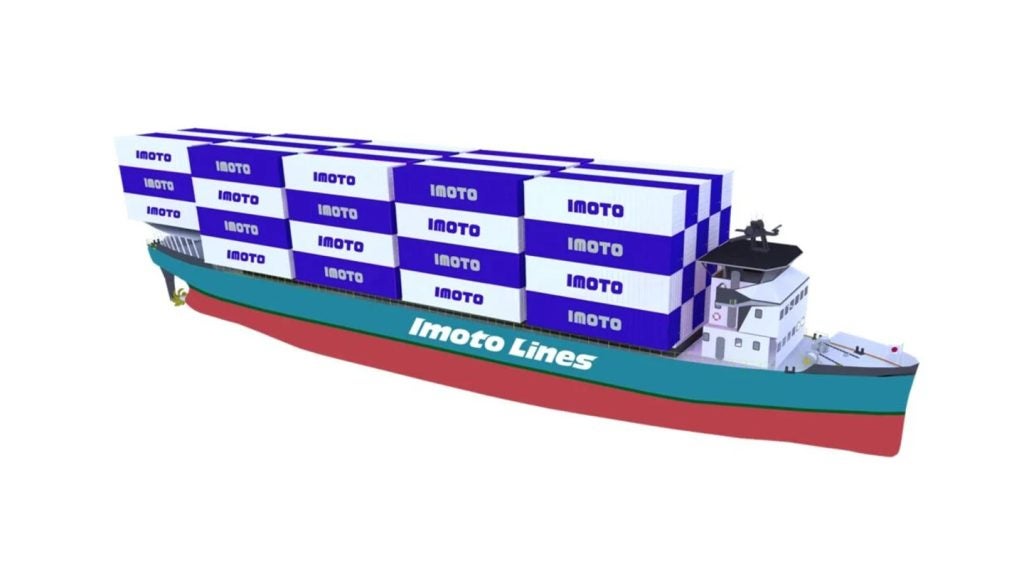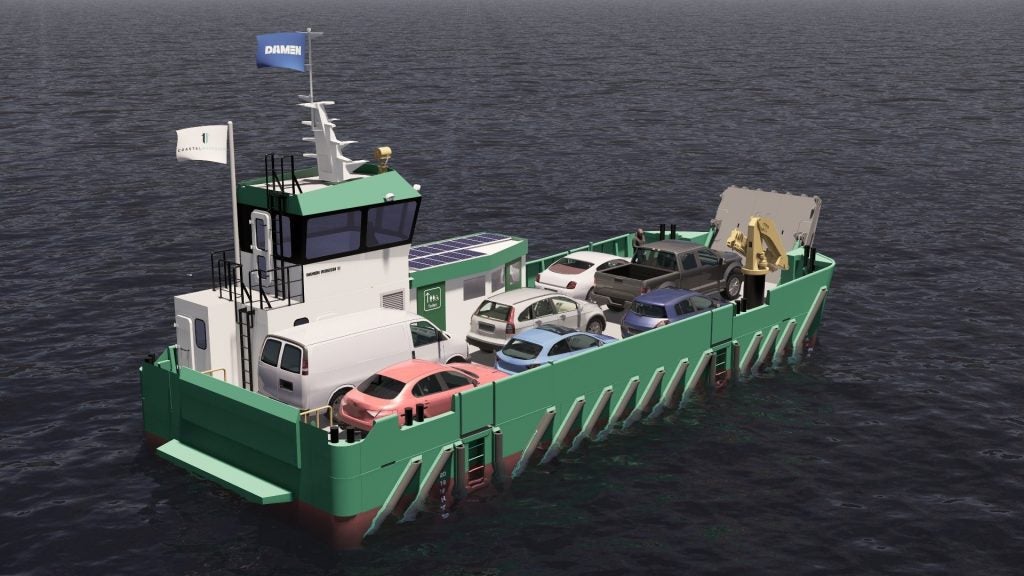A study led by the US-based University of Delaware (UD) has revealed that cleaner ship fuels are projected to reduce childhood asthma by 3.6% worldwide, but will continue to affect the climate.
The reduction is expected to occur once the International Maritime Organisation (IMO) regulation requiring fuels to contain 80%-86% less sulphur comes into force in 2020.
Roughly 14 million cases of childhood asthma per year are currently found to be associated with global pollution from shipping fuels.
Shipping pollution is also estimated to be the cause of 400,000 premature deaths from lung cancer and cardiovascular disease annually.
The latest study primarily focused on the impacts of sulphur released by ships that are powered by current marine fuels, which produce small air pollution particles that can be breathed deeply into the lungs and are believed to be causing harm to human health.
The effects of shipping-based air pollution are reportedly highest in regions where heavily travelled ship routes exist in and / or near to densely populated communities.
How well do you really know your competitors?
Access the most comprehensive Company Profiles on the market, powered by GlobalData. Save hours of research. Gain competitive edge.

Thank you!
Your download email will arrive shortly
Not ready to buy yet? Download a free sample
We are confident about the unique quality of our Company Profiles. However, we want you to make the most beneficial decision for your business, so we offer a free sample that you can download by submitting the below form
By GlobalDataChina, Singapore, Panama and Brazil, as well as the coastlines of Asia, Africa and South America are noted to be among the worst affected areas.
University of Delaware College of Earth, Ocean, and Environment marine science and policy professor James Corbett said: “Essentially, we document how much health benefit to expect from the 2020 adoption of cleaner ship fuels.”
The project aimed to find out where shipping activity was producing the most emissions using a ship traffic model, which was based on satellite records.
The model was adjusted to account for expected vessel-emission growth rates by the year 2020.
A separate high-resolution model has also been used to determine how shipping emissions would mix and chemically transform in the atmosphere, how they disperse, and how they contribute to air quality in densely populated areas.
According to the results, cleaner marine fuels will still have a negative impact on climate, despite offering health benefits.
The research highlighted that sulphur dioxide emissions from ships create small particles in the atmosphere, which reflect sunlight and help form brighter clouds to create a global effect that temporarily reduces the warming effects of carbon dioxide (CO2).






